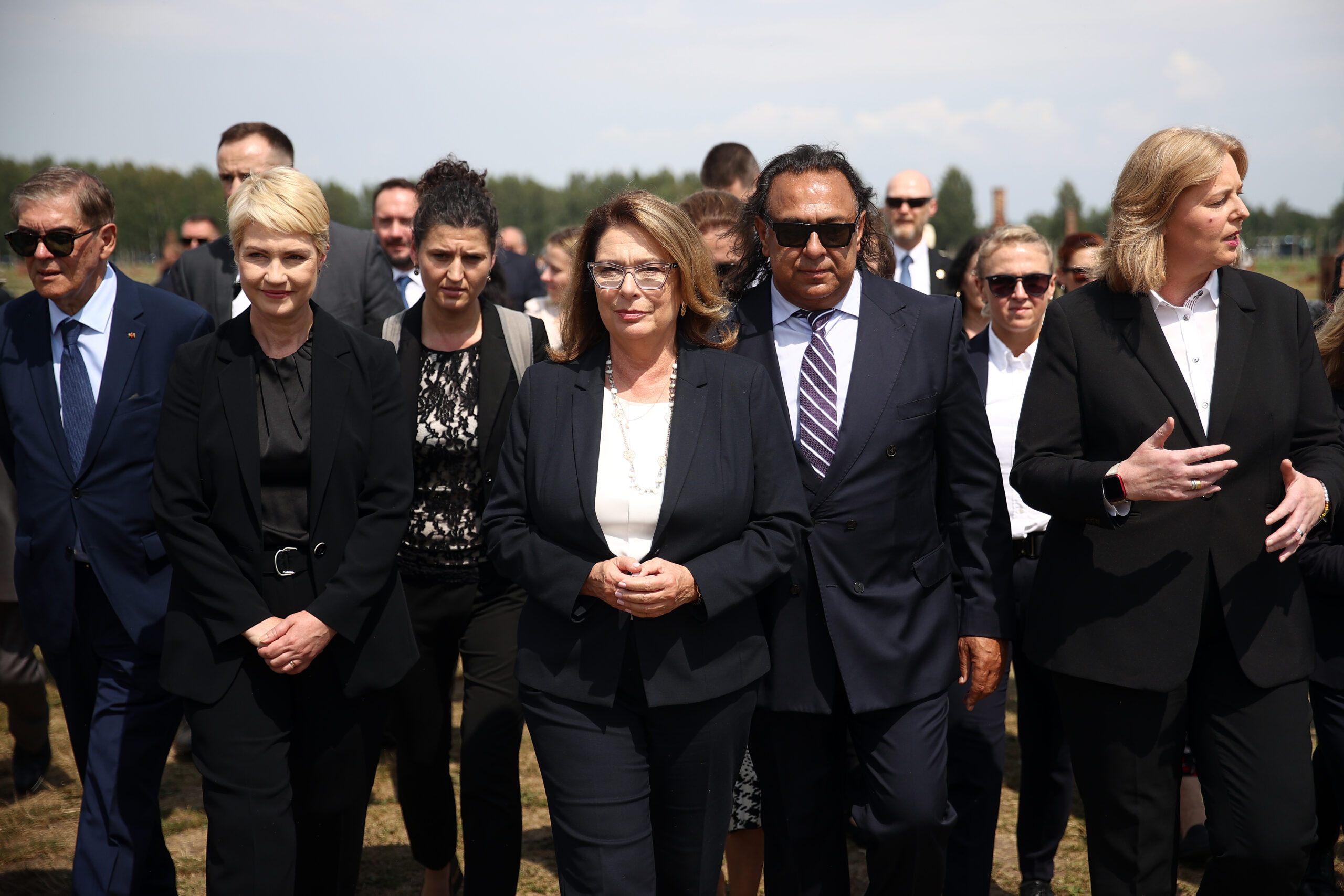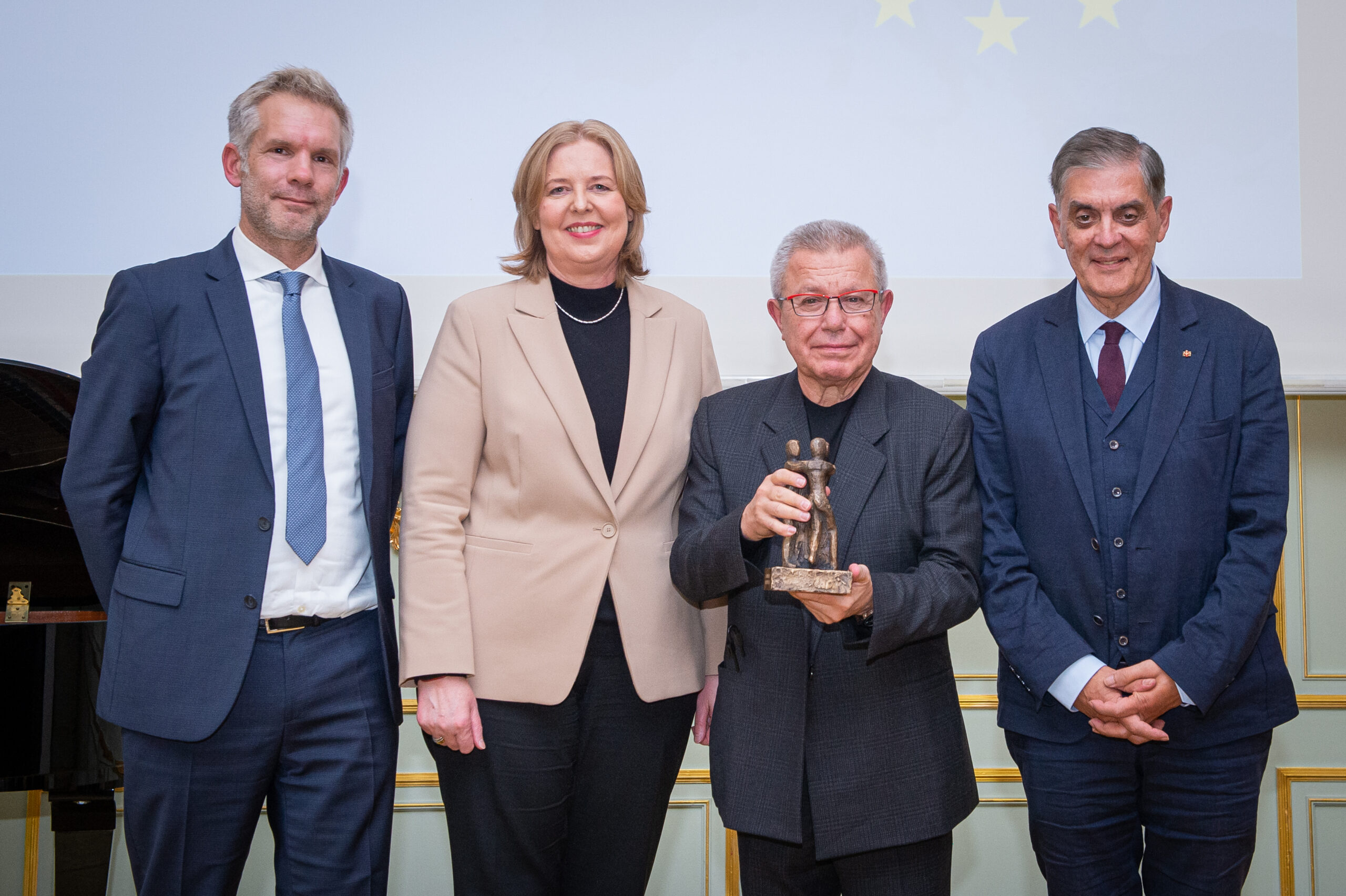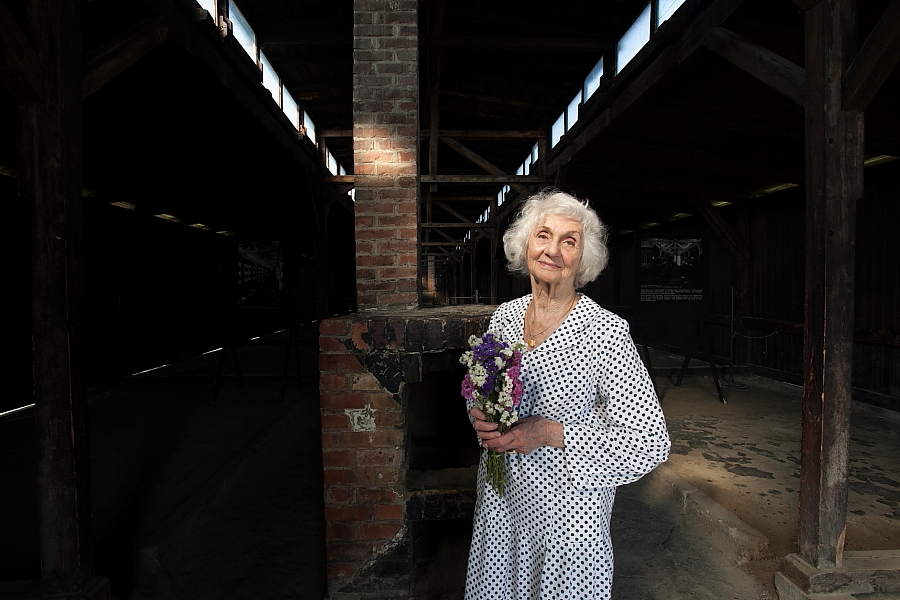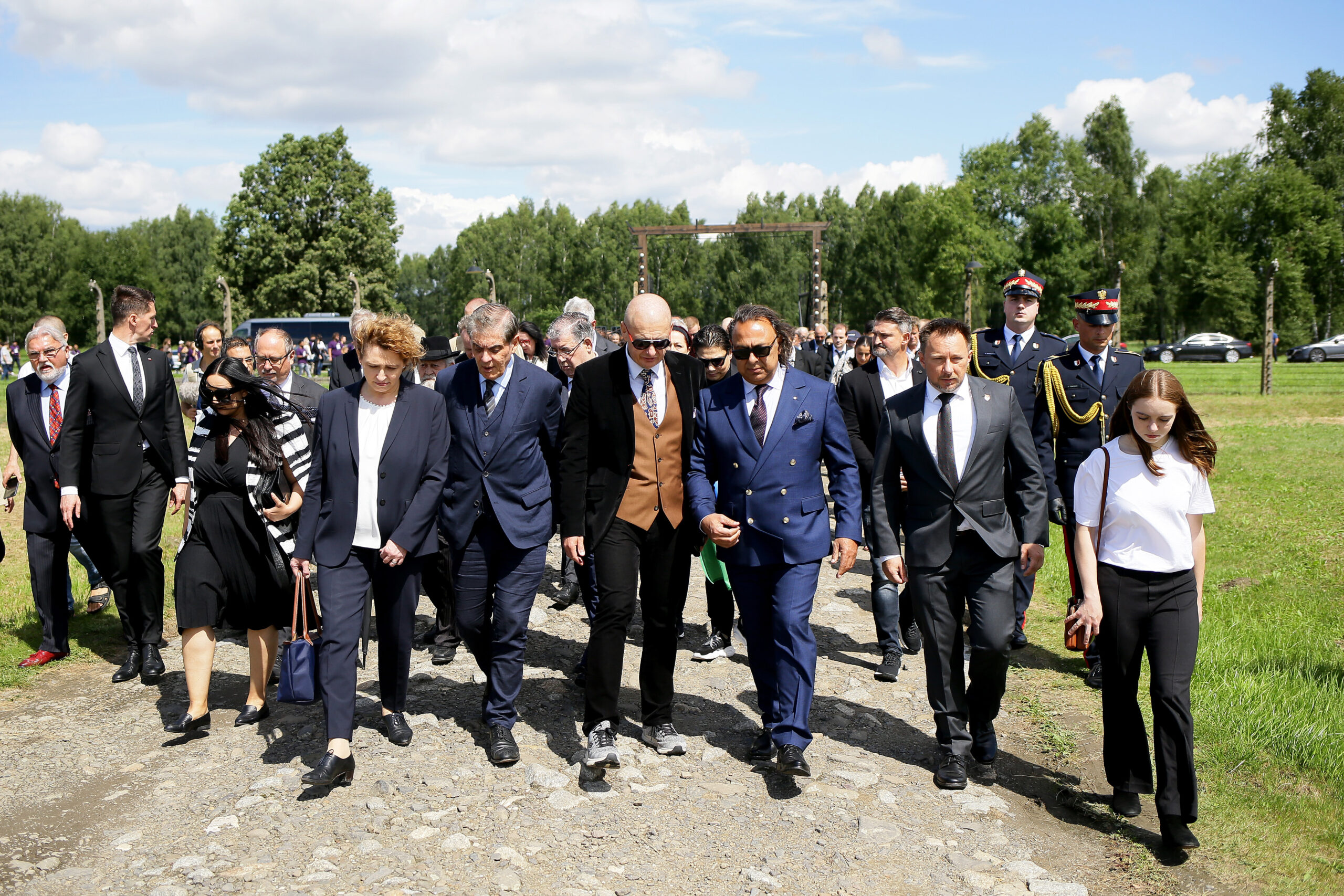Training of facilitators, which took place in Krakow, was the preparatory phase for the commemoration event Dikh he na Bister organised by the Documentation and Cultural Center of German Sinti and Roma, Germany. The seminar took place in the Zaczek hotel and in close cooperation with the International Center for the Education about the Holocaust by the Auschwitz Museum as well as the Pedagogical University in Krakow.
The aim of this meeting was building the facilitating capacities of the facilitators, which were to be utilised during the youth exchange meeting Dikh he na Bister in August. The participants consisted of young Roma and non-Roma educators, trainers and youth leaders, as well as their youth organisations actively involved in work on remembrance, Holocaust and human rights education. The training was based on methods of non-formal education, including working groups to share experiences and practices, training of trainers in methods and facilitation approaches, working groups to develop initiatives, as well as reflection and evaluation sessions.
During the five days participants worked intensively on building the strategies and methodology of the workshops. Under the guidance of the trainers they focused on the challenges that working with the group of young people. Considering the difficult topic of the Holocaust and the diversity of the groups, attention was paid to recognizing and dealing with emotions as well as management of disagreements. This was followed by a series of simulations where young facilitators could have hands-on experience with working with model groups and verify which methods and techniques proved to be effective. Reflection techniques were a crucial part of the training.
Apart from the methodology, participants had an opportunity to deepen their knowledge about the historical event of the Holocaust. They visited the Museum Auschwitz with the particular focus on the Block 13 in Auschwitz I. and section BIIe, or so-called “Zigeunerlager ” in the Auschwitz Birkenau. For the first time the participants had the opportunity to visit also the usually neglected Auschwitz III. Monowitz, during World War II. Served as a forced labour camp.
The project is organized with the support of the European Union.








